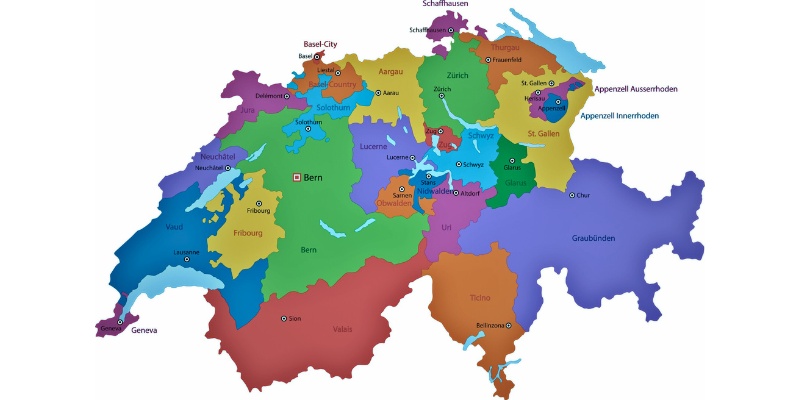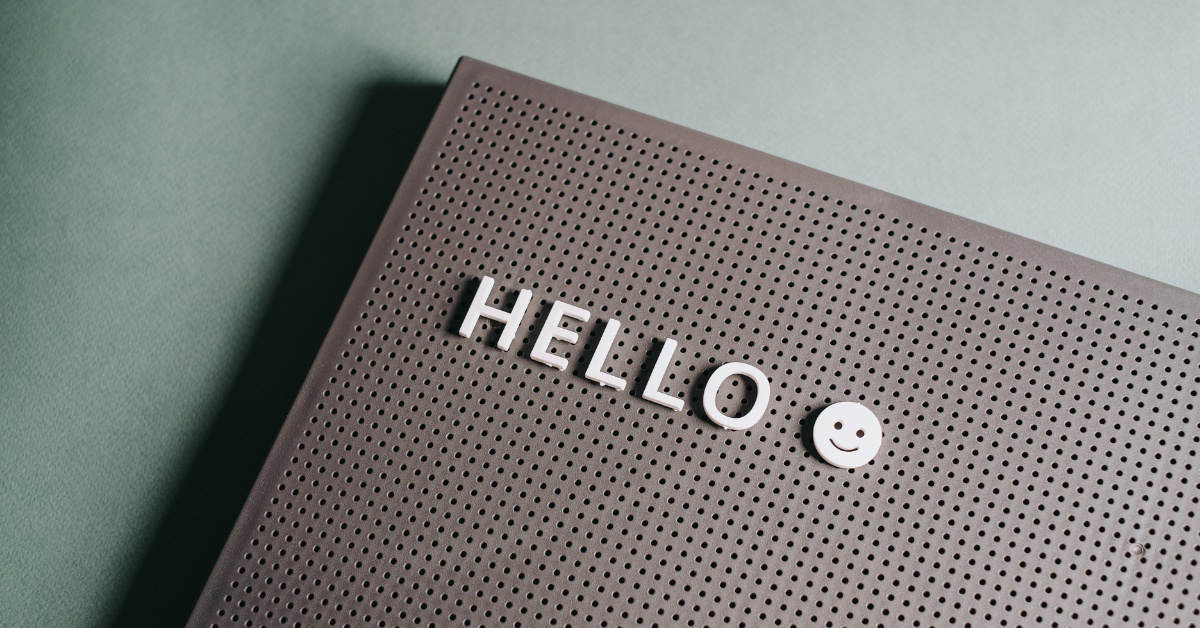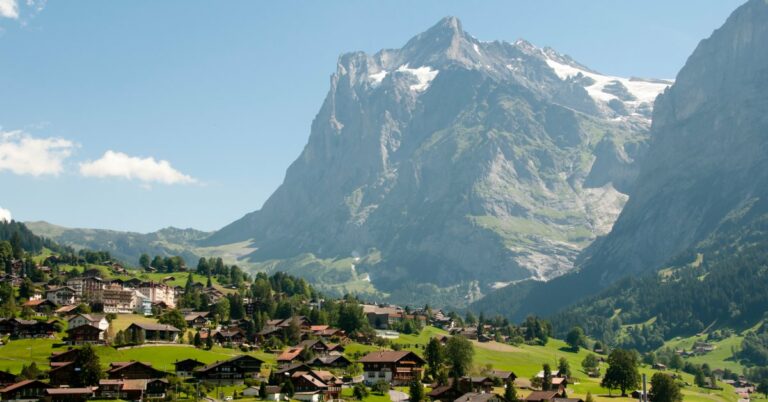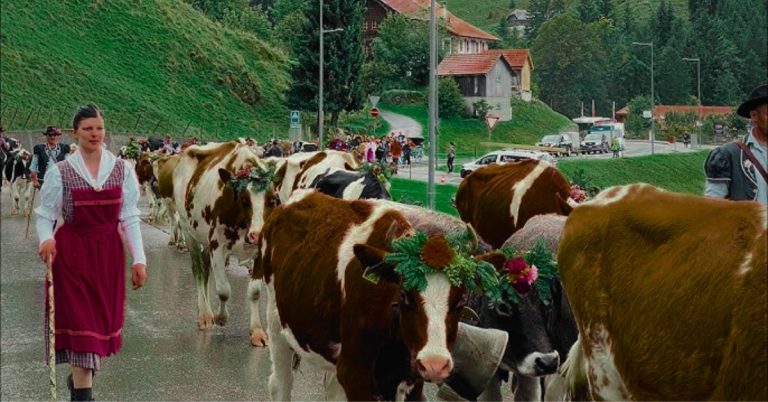How To Say Hello in Swiss German
Ever wondered how to say “Hello” in Swiss German? You’re on the right track! Greetings are your golden ticket to fit right in when you’re traveling or living abroad. The more you use these Swiss hellos, the more they’ll feel like second nature.
Swiss German is pretty much the go-to language in Switzerland. So, speaking, it is your passport to making new friends and feeling at home with the locals. And where better to start than with some easy-peasy Swiss greeting words and phrases? Let’s get started!
Just a heads up, though, Swiss German isn’t quite like standard German; it’s got its own flavor and unique quirks.
Switzerland has four official languages: German, French, Italian, and Romansch (Rhaeto-Romanic). Each one gets its turn in different regions of the country. But if there was a popularity contest, German would win hands down, as it’s spoken by most folks here. While schools teach standard German, the locals have their own spin on it, known as Swiss German.
Depending on where you are in Switzerland, you might hear different dialects of Swiss-German. But don’t sweat it! We’ve got some handy phrases that work all over the country.

Grüezi / Grüessech
Grüezi is your go-to word for hello during formal chats throughout Central and Eastern parts of Switzerland. This term comes from ‘Gott grüez i,’ which means ‘may God greet you.’ When saying hi to a crowd, use ‘grüezi mitenand,’ meaning ‘hello everybody.’
In Bern and Solothurn cantons, they prefer Grüessech, while Basel folks stick with Griezi – both mean pretty much the same thing as Grüezi. These differences just show how varied regional dialects can be.
You’ll often hear “Grüezi mitenand” everywhere, from elevators to gym changing rooms – it’s what people say even if nobody else is listening!
Hallo
Hallo – yep, that’s hello! It works for both casual chats and formal discussions alike in Swiss-German conversations.
Guete Morge
This one’s easy – Guete Morge means ‘good morning.’ Depending on where you are, people might spell it differently but hey – potato potahto!
Guete Daag
Think of this phrase as your general-purpose greeting for any time of day or occasion – Guete Daag literally means ‘good day.’ You’ll hear this often across Basel, Solothurn Valais, and Fribourg, while Central & Eastern Switzerland prefers saying ‘Guete Tag.’
Guete Namittag
When someone wishes you a Guete Namittag, they’re wishing you a good afternoon. But don’t be surprised if people just stick with ‘Guete Tag’ all day long instead!
Guete Abig
After a long day or after an evening out, when wishing someone good evening, use Guete Abig – just like Germans say ‘Guten Abend.’
Adieu, Uf Widerluege
Adieu is another way to say goodbye among Swiss-German speakers, often used formally.
Another phrase used when parting ways, especially in formal settings, is “Uf Widerluege.” This phrase means ‘until we see each other again.’
Hoi, Tschou/Tschau, Ciao, Sali
For a casual hello among friends or younger folks, “hoi” (pronounced “hoy”) is the way to go.
In the northern parts of Switzerland, you’ll also hear “sali,” which can be used just like “hoi.”
When greeting a group, informally add “zäme” to either “hoi” or “sali,” so you’d say “hoi zäme,” meaning “hi everyone.”
In Zurich & Aargau, they often use an Italian import phrase – “Ciao,” spelled as “Tschau” in Swiss German. It’s an informal greeting that gets a friendly upgrade with the addition of “zäme” when addressing multiple people.
| Swiss German | Formality | Region |
|---|---|---|
| Grüessech | formal | Bern, Solothurn |
| Grüezi | formal | Central/eastern Switzerland |
| Hoi | informal | |
| Salü | informal | Bern |
| Sali | informal | Aargau, Zürich |
| Tschau | informal | Aargau, Zürich |
| Tschou | informal | Bern, Solothurn |
| Hallo | formal/informal | |
| Guete Morge | formal/informal | |
| Guete Daag | formal/informal | Basel, Solothurn, Fribourg, Valais |
| Guete Tag | formal/informal | Central/eastern Switzerland |
| Guete Namitag | formal/informal | Central/eastern Switzerland |
| Guete Abig | formal/informal | Central/eastern Switzerland |
Conclusion
Greetings are a big deal in Swiss culture and show off its linguistic diversity and regional quirks. Whether you’re using Grüezi, “Hallo,” “Hoi,” or “Sali,” each part of Switzerland has its own unique hello.
Using these greetings not only shows respect but also helps make connections with locals and get into the swing of things in Switzerland.
So why wait? Start using these Swiss German greetings today! They’re your ticket to making friends and soaking up all that this amazing country has to offer.







